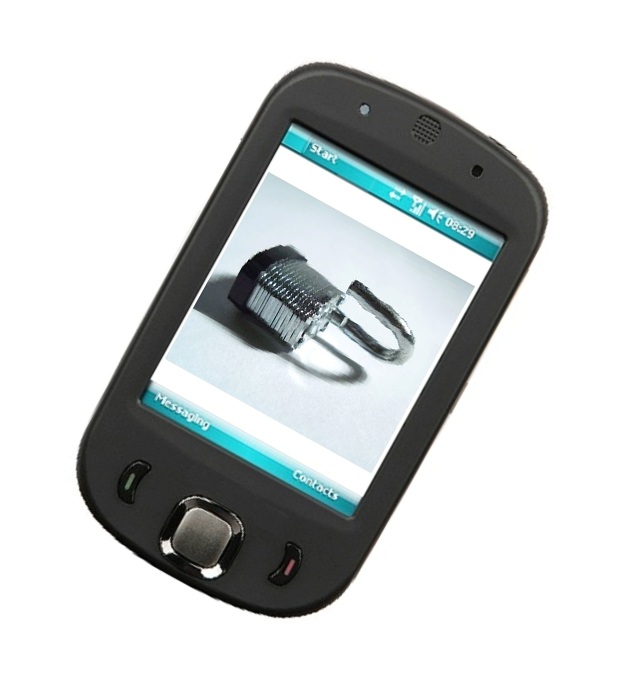 Trade groups pan mobile security standards from federal agency
Trade groups pan mobile security standards from federal agency
The National Institute of Standards and Technology, a U.S. federal agency that works to develop standards for various forms of technology, recently proposed new standards for mobile security. The proposal was issued in October of this year and calls for more robust mobile security measures to be implemented in order to keep consumers safe from exploitation. Since the proposal was released, however, it has been panned by trade groups that suggest that the standards being introduced are not practical.
Trade group suggests hardware standards could lead to trouble
The Telecommunications Industry Association, a trade group that develops consensus-based industry standards for information and communication technologies, is one of the more outspoken opponents of the proposed mobile security standards. According to the trade group, the proposed standards suggest that mobile security be bolstered through architectural means. This suggests that mobile devices must make use of different hardware than what currently industry standards call for, which could cause problems among trade groups and within the communications industry itself.
Drastic measures may be needed to ensure mobile security
Mobile security is becoming an increasingly serious problem. More consumers are using mobile devices today than they ever have in the past. As consumers become more reliant on these mobile devices in their daily lives, they are becoming ideal targets for hackers who wish to exploit the valuable information that is contained on such devices. The National Institute of Standards and Technology believes that drastic measures may be in order to ensure that mobile security is assured for consumers.
Agency claims better hardware standards are necessary
The National Institute of Standards and Technology suggests that current mobile technology is not adequate enough to ensure the security of consumer information. The agency believes that changes made to the hardware standards that mobile devices are held to are necessary for the sake of mobile security. Trade groups are opposed to this approach because hardware changes mean different standards that could destabilize much of the work that has already gone into standardizing modern mobile technology.

 Stores made out of quick response barcodes are going to be a big hit next year.
Stores made out of quick response barcodes are going to be a big hit next year.